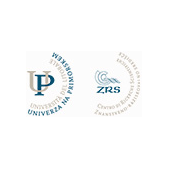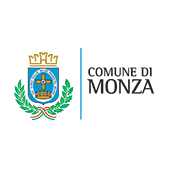The concept of innovation is not a new invention! Already Schumpeter (1939) acknowledged innovation as being critical for economic development and the European Commission's Innovation Union initiative has been influenced by schumpeterian thinking. We've all also heard an ever-increasing number of corporate leaders, politicians and experts praise innovation activities. Even though we ourselves also embrace the concept of innovation, we are becoming slightly uneasy with its popularity.
By definition, an innovation differs from an invention in that it applies rather than finds or identifies something previously unknown. The renowned father of Innovation Diffusion theory Everett M. Rogers (1995) defined innovation as “an idea, practice or object that is perceived as new by an individual or other unit of adoption.” According to him “it matters little whether or not an idea is objectively new … if the idea seems new to an individual, it is an innovation”. Similarly, the Oslo Manual (2005, 3rd. edition) for measuring and providing statistics on innovations puts forward the following definition:
An innovation is the implementation of a new or significantly improved product (good or service), or process, a new marketing method, or a new organisational method in business practices, workplace organisation or external relations.
While the Oslo Manual definition may not be as all-encompassing as Rogers' definition, it is nevertheless also very broad. Sustainable innovation, accordingly, would be all this and additionally relate to sustainability. And sustainability, in turn, may be at least of ecological, social and economical nature as the CASI policy briefs point out.
When a concept is attributed more and more promises, it eventually means less and less. Finally, it may address everything but mean nothing. In other words, more is less.
Sustainable innovation is, accordingly, a buzzterm we should nourish and protect. We should use it in a sustainable manner.
Should we then provide more elaborate definitions on sustainable innovation or look at it differently? If more is less, as we argue, it would be better not to elaborate more on it. Sustainability could then be looked at what is targeted or how it is achieved, rather than seen as a distinct set of features of the innovation in question.
This may sound shallow to those praising innovation activities, but it would surely nourish and protect the concept of sustainable innovation. That, we feel, would be sustainable.
Petteri Repo & Kaisa Matschoss
Relevant themes:
Sustainable innovation
Relevant tags: Social innovation, Technological innovation, Sustainability, Eco-innovation, Sustainable lifestyles
























